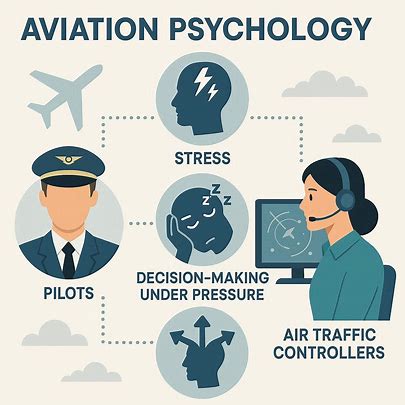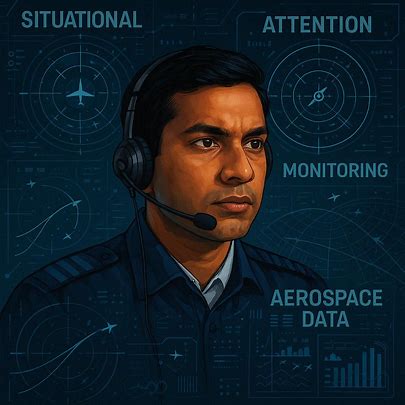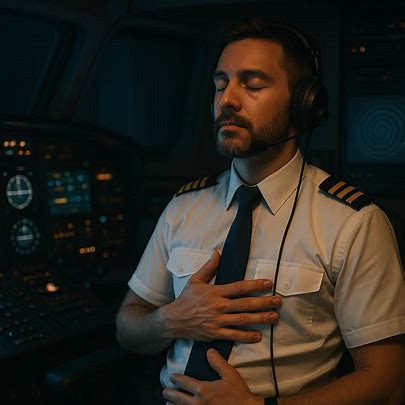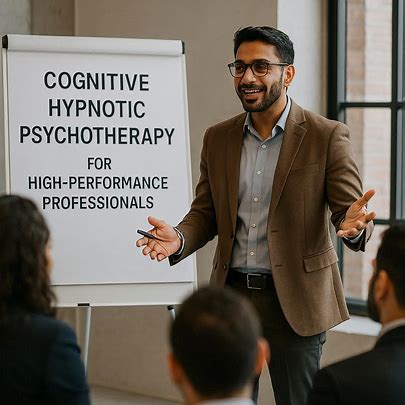Pilots

Introduction to Aviation Psychology and Stress Management Techniques
Aviation psychology focuses on the mental, emotional, and cognitive demands placed on pilots and air traffic controllers. These professionals operate in high-stakes environments where precision, rapid decision-making, and emotional regulation are essential for safety and efficiency. Even small cognitive lapses can have serious consequences, making mental resilience and stress management techniques for pilots and air traffic controllers critical for sustained high performanceand helps pilots reduce stress.
While technical training prepares aviation personnel for operational tasks, it often leaves gaps in addressing chronic stress, fatigue, anxiety, and cognitive overload. Cognitive Hypnotic Psychotherapy (CHP) provides an integrative framework that combines hypnosis, Neuro Linguistic Programming (NLP), mindfulness, and cognitive behavioral strategies to enhance mental clarity, emotional control, and focus, helps pilots reduce stress.
Core Aviation Psychology Factors Affecting Performance
Focus and Situational Awareness
Maintaining sharp and sustained attention is vital to monitor aircraft systems, airspace navigation, and control communications. Fatigue, distractions, or cognitive overload can seriously degrade situational awareness and operational safety.
Stress Management Techniques for Pilots and Air Traffic Controllers
High-pressure situations like emergency landings or peak traffic periods induce intense stress. Chronic exposure to stress impairs executive functions such as attention, decision-making, and emotional stability, CHP helps pilots reduce stress.
Decision-Making and Problem-Solving Skills
Aviation professionals must make rapid, accurate decisions under tight time constraints. Cognitive flexibility and innovative problem-solving abilities are essential to manage unexpected emergencies.
Confidence and Self-Efficacy
Confidence influences operational performance and communication. Hesitation due to low self-efficacy can be hazardous, while overconfidence might lead to risk-taking.
Emotional Regulation
Maintaining composure to manage frustration, fear, or fatigue ensures safe, clear interactions with teams, pilots, and passengers even under pressure.
Teamwork and Communication
Seamless collaboration between pilots, co-pilots, and air traffic controllers is crucial. Miscommunication can cause operational errors and safety risks.
Mental and Physical Endurance
Extended shifts, irregular schedules, and high cognitive demand necessitate strong mental and physical stamina to prevent fatigue-related mistakes.

How Cognitive Hypnotic Psychotherapy Enhances Aviation Psychology
Enhancing Focus and Situational Awareness with CHP
- Guided Visualization: Mental rehearsal of flight and control scenarios strengthens monitoring and anticipatory skills.
- Attention Anchoring Techniques: Help regain focus instantly when distractions occur.
- Hypnotic Concentration Training: Improves sustained attention by deepening immersion during critical tasks.
Effective Stress Management Techniques for Pilots and Air Traffic Controllers
- Hypnotic Relaxation Therapy: Reduces stress hormones and induces a calm physiological state.
- Cognitive Reframing: Transforms perceived threats into manageable challenges, lowering anxiety.
- Breathwork Combined with Hypnosis: Regulates anxiety and physiological arousal during turbulence or emergencies.
- Ego-Strengthening Interventions: Build long-term resilience to handle accumulated stress without burnout.
Boosting Decision-Making and Problem-Solving Skills
- Scenario-Based Visualization: Hypnotic rehearsal of emergency procedures enhances rapid, accurate responses.
- Cognitive Flexibility Exercises: Train the mind to adapt and innovate under intense pressure.
- Future-Pacing Techniques: Mentally project successful management of critical situations, reinforcing confidence.
Building Confidence and Self-Efficacy
- Anchoring Past Successes: Leverages positive memories to reinforce skill belief.
- Positive Affirmations: Replaces negative self-talk with empowering statements.
- Timeline Therapy: Reprocesses past failures to cultivate a forward-focused, confident mindset.
Enhancing Emotional Regulation
- Hypnotic Emotional Processing: Releases deep-seated fears, frustrations, and stress.
- Mindfulness Integration: Cultivates emotional awareness and controlled reactions.
- Conversational Hypnosis: Offers in-the-moment strategies to restore emotional balance in cockpit or control tower settings.
Strengthening Teamwork and Communication
- Role-Perception Exercises: Develop empathy and perspective-taking among team members.
- Metaphor-Based Reframing: Turns communication challenges into opportunities for improved coordination.
- Hypnotic Rapport Building: Enhances trust and collaboration under pressure.
Supporting Mental and Physical Endurance
- Mental Rehearsal to Combat Fatigue: Visualization techniques boost alertness during long shifts.
- Mind-Body Integration: Hypnotic interventions synchronize mental clarity with physical stamina.
- Progressive Hypnotic Relaxation: Promotes restorative sleep cycles to enhance recovery between demanding shifts.

Holistic Benefits of CHP for Aviation Professionals
- Sharpened situational awareness for safer operations.
- Helps pilots reduce stress and anxiety facilitating clear-headed decisions.
- Improved rapid decision-making and flexible problem-solving.
- Heightened confidence supporting decisive and reliable performance.
- Enhanced emotional regulation ensuring calm communication.
- Strengthened teamwork and coordination among aviation teams.
- Robust mental and physical endurance to manage long, irregular hours.
Real-World Applications: Case Examples
For instance, a group of commercial pilots who underwent CHP training reported a 30% reduction in perceived stress during peak air traffic and faster decision-making in simulated emergency drills. Air traffic controllers practicing guided hypnotic visualization experienced improved focus and reduced distraction, leading to fewer communication errors in live operations. These outcomes underline CHP’s tangible benefits in high-stakes aviation contexts.
Frequently Asked Questions about CHP in Aviation Psychology
Q: Is CHP suitable for all aviation professionals?
A: CHP techniques are adaptable for pilots, air traffic controllers, and ground crew facing cognitive and emotional challenges under pressure. CHP also helps pilots reduce stress.
Q: How soon can benefits from CHP be noticed?
A: Many patients experience initial improvements in stress management and focus within weeks; full cognitive flexibility and emotional regulation develop with ongoing practice.
Q: Can CHP be combined with other psychological approaches?
A: Yes, CHP integrates seamlessly with cognitive behavioral therapy, mindfulness training, and conventional stress management programs.

If you are a Psychologist or Coach
Are you a psychologist or coach seeking to expand your skillset and make an impactful difference in the aviation sector? Specialized Cognitive Hypnotic Psychotherapy training equips you with evidence-based tools to help aviation professionals overcome stress, sharpen mental agility, and sustain peak performance.
Advance your career and enrich your practice with CHP expertise—explore accredited certification programs today and lead the way in aviation psychological resilience and performance coaching.

